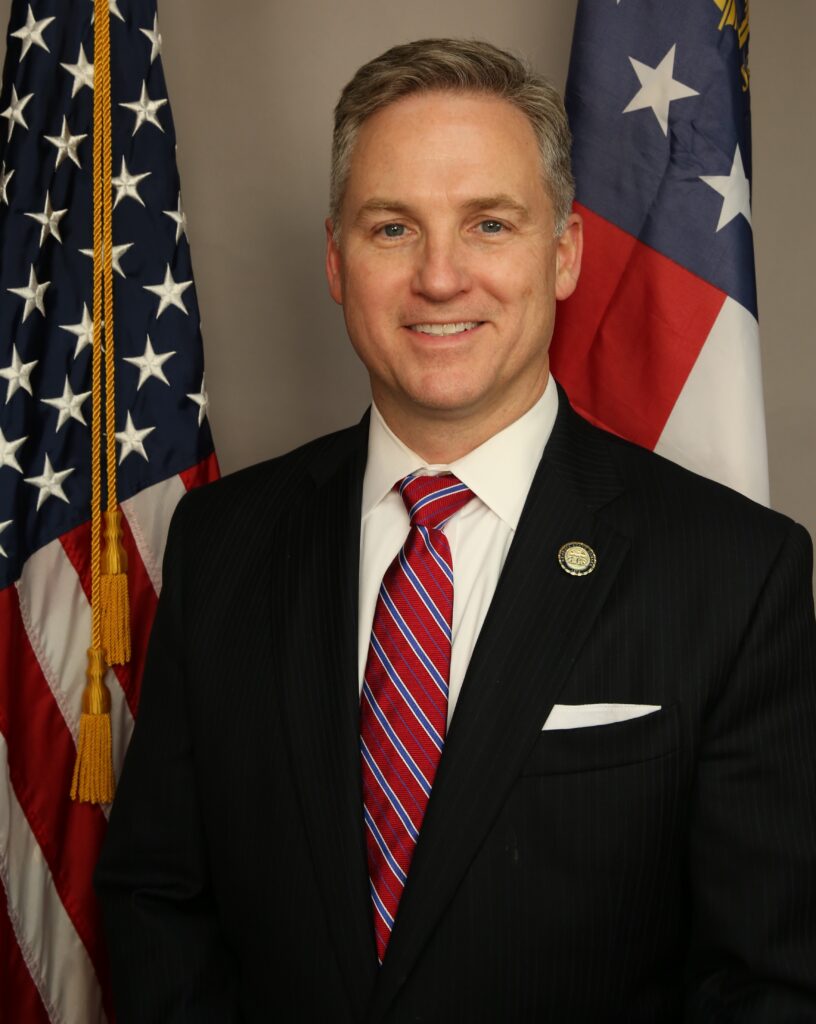
ATLANTA – Legislation aimed at speeding up the deployment of broadband service in rural Georgia cleared a state Senate committee Thursday.
The bill, which the Senate Regulated Industries Committee approved unanimously, would require Georgia’s electric membership corporations (EMCs) to allow communications service providers to attach broadband-capable wires or cable to their utility poles for free.
The General Assembly passed legislation last year authorizing EMCs to deploy broadband services to rural communities. But telecom executives have complained pole attachment fees the EMCs charge are too high to make the investment worthwhile.
Comcast officials sent a letter recently to Sen. John Kennedy, R-Macon, chief sponsor of this year’s bill offering to invest $20 million in broadband deployment in Georgia if the pole attachment fees are reduced.
“This is something that will move the needle and get broadband further out into Georgia,” Kennedy said.
But EMC officials argued lower pole attachment fees would come out of their customers’ pockets. Unlike Georgia Power Co., the EMCs are nonprofits and have no shareholders to absorb higher costs.
Tim Martin, CEO of Carroll EMC, which serves 52,000 customers in seven counties, said the utility is working to expand rural broadband connectivity by seeking grant funding. He said the approach Kennedy’s bill takes wouldn’t work because telecom companies wouldn’t necessarily invest the savings in rural broadband.
“We think the cable companies will focus on areas that are higher density and [larger] return on investment,” he said.
Sen. John Albers, R-Roswell, sought to address the EMCs’ concerns by proposing amendments to mandate that pole attachment fees be set no lower than $9 per pole and that the fee reductions be phased in over four years.
But the committee rejected those amendments in favor Sen. Steve Gooch’s proposal to cut the pole attachment fees to zero for 10 years in parts of Georgia that are underserved in terms of broadband capability.
Gooch, R-Dahlonega, said providing pole attachments for free in the areas most in need of broadband would make last year’s legislation, which he sponsored, successful.
The bill now heads to the full Senate, which likely will take it up next week.